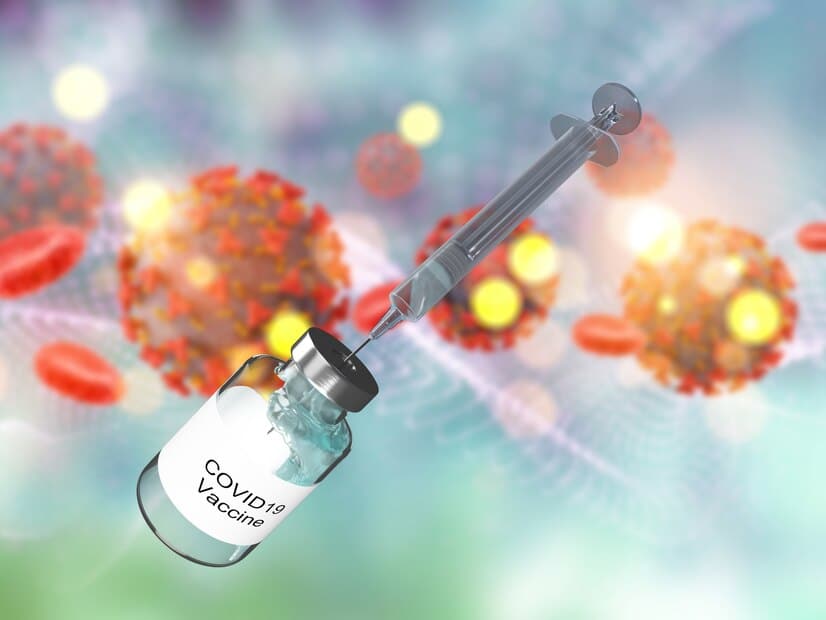Messenger RNA (mRNA) technology has garnered significant attention in recent years, primarily due to its pivotal role in the rapid development of COVID-19 vaccines. However, the potential of mRNA extends far beyond vaccination, opening new avenues for targeted therapies that could revolutionize the treatment of various diseases, including cancer, genetic disorders, and autoimmune diseases. This article explores the multifaceted applications of mRNA technology and its promising future in medicine.
The Basics of mRNA Technology

mRNA serves as a crucial intermediary between DNA and protein synthesis in cells. It carries genetic instructions from DNA to ribosomes, where proteins are produced. The innovative use of synthetic mRNA allows researchers to instruct cells to produce specific proteins that can elicit therapeutic effects. This “plug-and-play” capability makes mRNA a versatile tool for developing treatments tailored to various medical conditions.
Expanding Applications of mRNA Technology
- Cancer Immunotherapy: One of the most exciting applications of mRNA technology is in cancer treatment. Researchers are developing mRNA vaccines that instruct the immune system to recognize and attack cancer cells. By encoding tumor-specific antigens, these vaccines can stimulate a robust immune response against malignancies, potentially improving patient outcomes without the severe side effects associated with traditional therapies like chemotherapy.
- Genetic Disorders: mRNA technology holds promise for treating genetic diseases caused by dysfunctional or absent proteins. By delivering synthetic mRNA that encodes the missing or faulty protein, it may be possible to restore normal function in affected tissues. This approach is currently being investigated for conditions such as cystic fibrosis and hemophilia.
- Autoimmune Diseases: Researchers are exploring the use of mRNA to develop therapies that can modulate immune responses in autoimmune diseases. By encoding proteins that can suppress inappropriate immune activity, these treatments could provide new hope for patients suffering from conditions like rheumatoid arthritis and multiple sclerosis.
- Allergy Treatments: Another innovative application involves using mRNA to create vaccines that target allergies, such as peanut allergies. These vaccines aim to desensitize individuals by gradually exposing them to harmless doses of allergens, potentially leading to long-term tolerance.
- Infectious Diseases Beyond COVID-19: The success of mRNA vaccines during the COVID-19 pandemic has spurred research into their use against other infectious diseases. Efforts are underway to develop mRNA vaccines for influenza, HIV, Zika virus, and more, with the goal of providing rapid responses to emerging health threats.
Challenges and Future Directions
While mRNA technology presents exciting opportunities, several challenges remain. Issues such as mRNA stability, delivery efficiency, and ensuring targeted action within the body need to be addressed for widespread clinical application. Researchers are actively working on improving lipid nanoparticles used for delivery and enhancing the stability of mRNA molecules to ensure they remain effective once administered.The future of mRNA technology looks promising as investments in research continue to grow. With ongoing clinical trials and advancements in delivery systems, it is likely that we will see an expansion of approved mRNA-based therapies within the next few years.
Conclusion
mRNA technology has transcended its initial role as a vaccine platform, emerging as a powerful tool for targeted therapies across a range of medical conditions. From cancer treatment to genetic disorders and autoimmune diseases, the versatility and adaptability of mRNA hold immense potential for transforming healthcare. As research progresses and challenges are overcome, we may witness a new era in medicine where personalized treatments become the norm rather than the exception.
FAQs
- What is mRNA technology?
mRNA technology involves using synthetic messenger RNA to instruct cells to produce specific proteins that can elicit therapeutic effects. - How does mRNA differ from traditional vaccines?
Unlike traditional vaccines that often use weakened or inactive pathogens, mRNA vaccines deliver genetic instructions for cells to produce antigens that stimulate an immune response. - Can mRNA be used for cancer treatment?
Yes, researchers are developing mRNA-based cancer vaccines that help the immune system recognize and attack cancer cells effectively. - What genetic disorders can be treated with mRNA technology?
Conditions like cystic fibrosis and hemophilia are being targeted through therapies that deliver synthetic mRNA encoding functional proteins. - Are there any risks associated with mRNA therapies?
While generally considered safe, potential risks include allergic reactions or unintended immune responses; ongoing research aims to assess these risks thoroughly. - What is the future outlook for mRNA technology?
The future is bright for mRNA technology as ongoing research continues to expand its applications beyond vaccines into various therapeutic areas.

